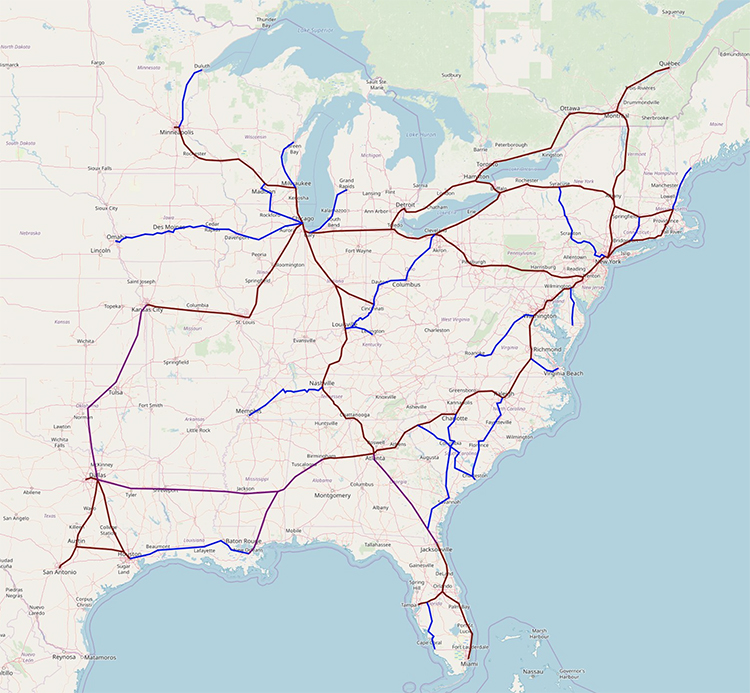
What’s the best way to get there? We need to start taking everything into consideration:
To help users find more sustainable travel options, Google launched a feature Wednesday that will show a carbon-emissions estimate for almost every flight in its search results. Now, along with price and duration, travelers will be able to use environmental footprints to compare and choose flights.
James Byers, a senior product manager on the Google travel team, said the emissions estimates are based on a combination of factors, such as the distance of a trip, the number of stops, the number and class of seats on board, the type of aircraft, and data from the European Environment Agency.
The feature, which follows another eco-friendly feature for Google’s hotel searches, could be valuable in the fight against climate change, suggests Katharine Hayhoe, director of the Climate Center at Texas Tech University.
It’s a shift in thinking, a pivot to including more of what has long been ignored. Will it catch on? Many right-wingers will surely choose the most rootin-tootin-pollutinest routes, rollin’ coal as much and for as far as they can. Many are certainly so inclined, and it may have just become easier to make them pay more for the pleasure.
For everyone else more sensible, this is potentially a good tool, allowing demand to push supply in a better direction.
Image: proposed rail network. (Not pictured, how to get North Americans to Europe, Africa, Asia)

